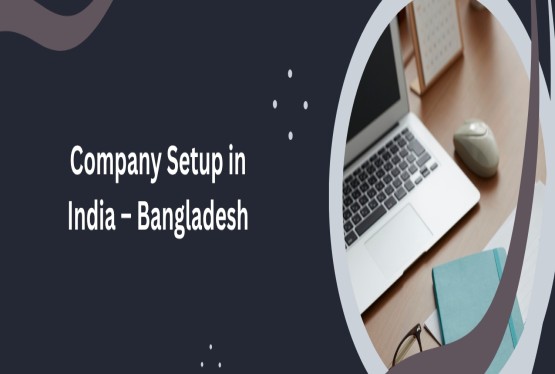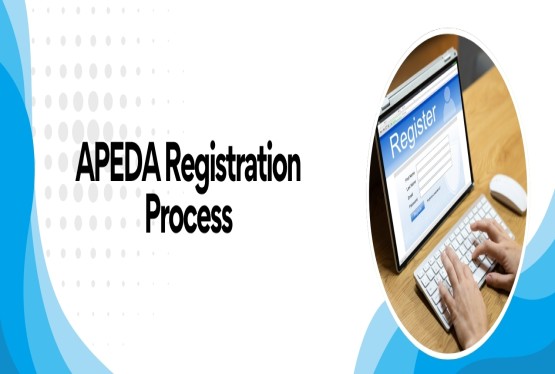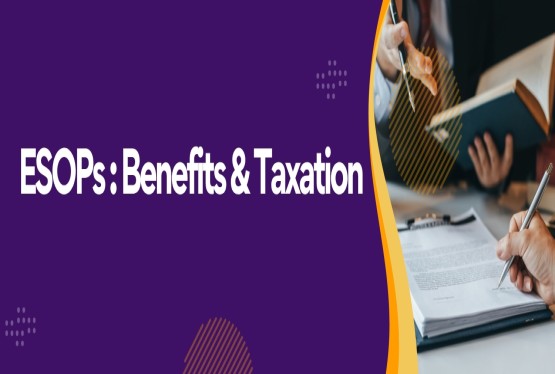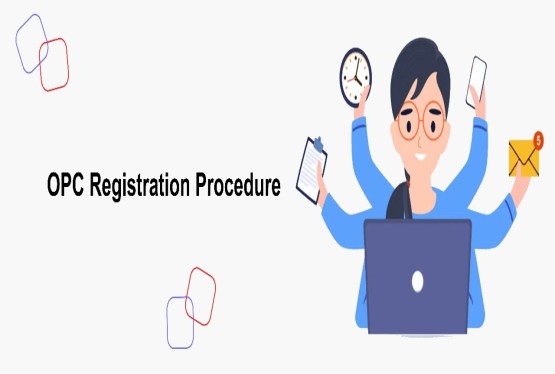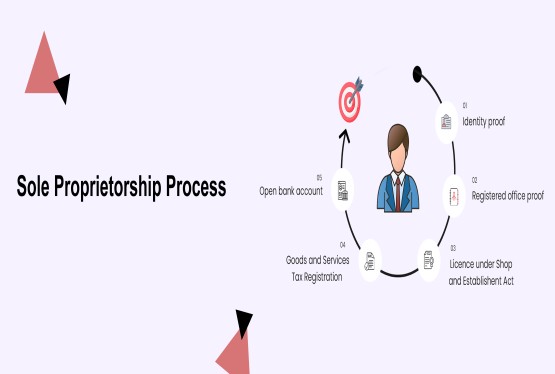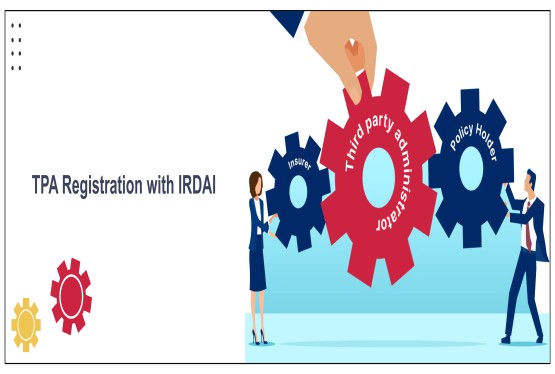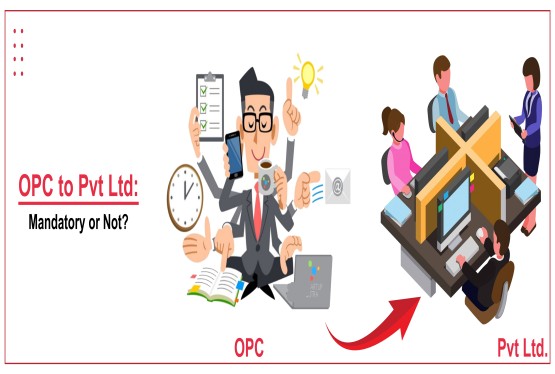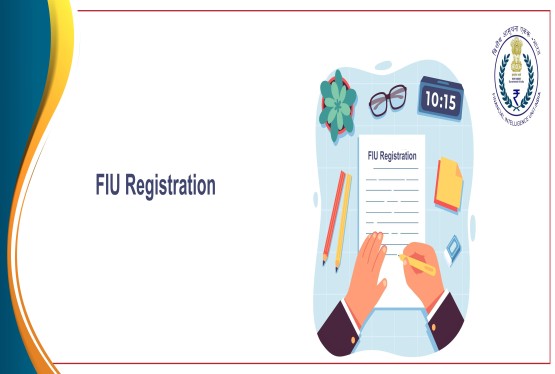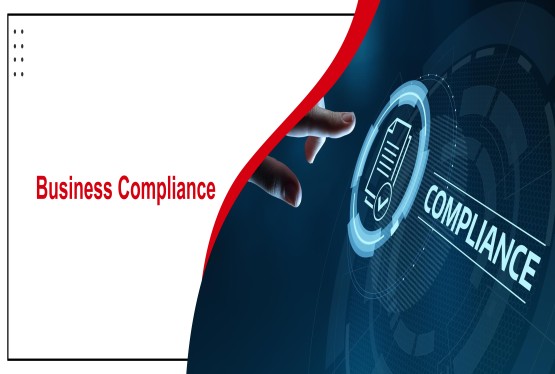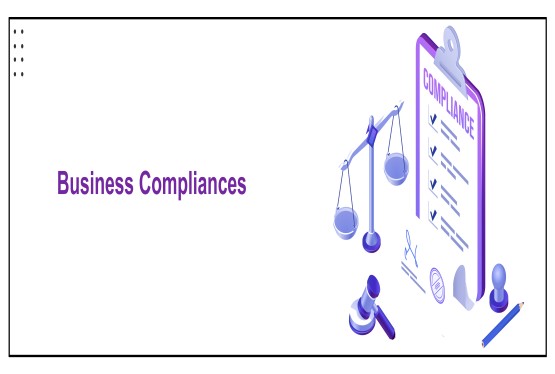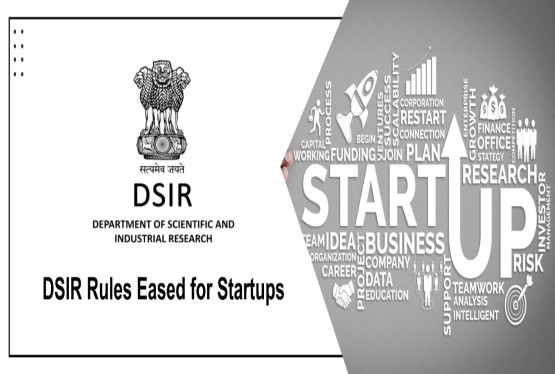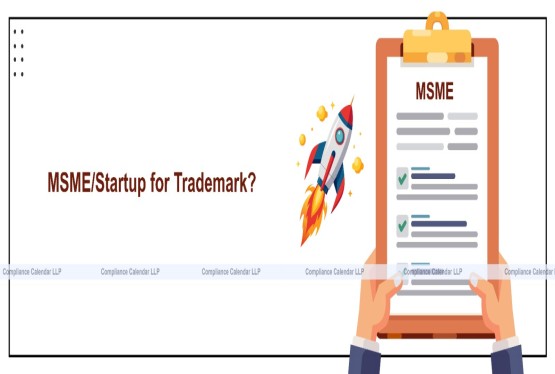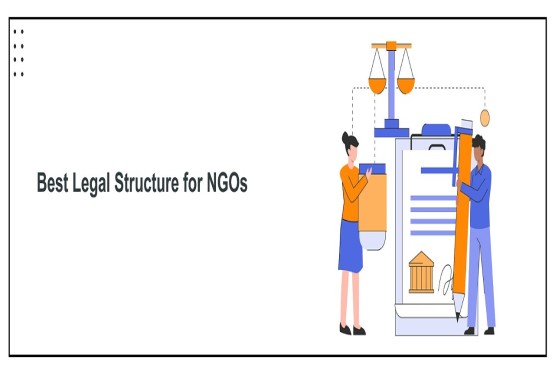Principal Officer for an Insurance Marketing Firm
The Indian insurance industry has undergone a remarkable transformation, propelled by regulatory reforms, technological adoption, and diversification in distribution models. Among the emerging intermediaries in this landscape are Insurance Marketing Firms. With diversification in insurance broker, insurance company compliance and marketing firms and recent change in rends IRDAI aims to provide greater choice to people, These firms act as composite entities providing insurance solicitation, servicing, and ancillary services to consumers. As per the IRDAI's regulatory framework, every IMF must appoint a Principal Officer who assumes full responsibility for the firm's compliance with the applicable laws, rules, and regulations. This individual also represents the IMF in legal and formal proceedings before the regulator. The appointment of a Principal Officer is not merely administrative; it is a position of substantial accountability and regulatory scrutiny. The IRDAI mandates that the Principal Officer possess certain academic qualifications, industry experience, training, and certification to be deemed eligible to discharge these critical functions.
The Role of a Principal Officer
The Principal Officer is the single point of regulatory accountability for an IMF. This person may be a partner, director, or any senior employee formally designated to undertake the firm’s regulatory and administrative responsibilities. Beyond legal representation, the Principal Officer is tasked with ensuring compliance with IRDAI's regulatory norms, overseeing the firm's operational integrity, and managing training and conduct of insurance sales personnel. They also supervise the solicitation of insurance products, ensure ethical marketing practices, and act as a bridge between the firm and IRDAI. Given these crucial functions, the IRDAI has outlined precise eligibility conditions to ensure that only suitable and capable individuals are entrusted with this role.
Learn more about What is an IRDAI IMF Company.
Eligibility Criteria for Appointment as a Principal Officer
The eligibility requirements for becoming a Principal Officer of an IMF are enumerated under Part I of Schedule I of the IRDAI (Registration of IMF) Regulations, 2015. These criteria are designed to ensure that the individual has either acquired deep expertise in the insurance domain or possesses relevant experience in the broader financial services industry. The qualifications encompass academic achievements, industry-recognized certifications, and professional credentials that collectively confirm the candidate’s preparedness to assume a leadership and compliance-focused role.
Recognized Insurance-Specific Qualifications
Candidates possessing industry-recognized professional qualifications are given significant consideration. These qualifications include being an Associate or Fellow of the Insurance Institute of India (Mumbai), the Institute of Actuaries of India, or the Chartered Insurance Institute (London). These credentials are internationally and nationally respected benchmarks of insurance proficiency, covering subjects like underwriting, risk management, reinsurance, claims handling, and insurance laws. They signal that the individual has in-depth technical knowledge and practical insight into the insurance domain, thereby making them capable of leading regulatory and operational duties within an IMF.
Postgraduate Programs in Insurance Management
In addition to professional designations, candidates who have completed a postgraduate qualification from the Institute of Insurance and Risk Management (IIRM), Hyderabad, are also eligible. The IIRM program is specifically tailored to equip students with applied knowledge in insurance, actuarial science, risk management, and financial regulation. This qualification is highly valued by IRDAI because of its focus on regulatory compliance, product distribution, and ethical business practices core areas of responsibility for a Principal Officer.
Graduation with Industry Experience
Candidates who are graduates but do not hold a professional designation or a postgraduate insurance-specific qualification can still be considered eligible, provided they have relevant work experience. The IRDAI allows:
-
Graduates with at least two years of experience in the insurance sector in the years immediately preceding the application year; or
-
Graduates with a minimum of five years of experience in the broader financial services industry within the same timeframe.
This route accommodates individuals who may have worked in managerial, operational, sales, or compliance roles within insurance companies, banks, mutual funds, NBFCs, or related institutions. Their practical exposure to financial instruments, compliance standards, and customer engagement models is recognized as valuable preparation for the role of a Principal Officer.
Other Acceptable Academic Qualifications
The IRDAI also recognizes other postgraduate and professional qualifications that indicate the candidate’s academic rigor and professional readiness. These include:
-
A Master’s in Business Administration (MBA) or equivalent qualification from institutions approved by UGC, AICTE, any State Government, or the Central Government.
-
Professional designations such as:
-
Associate/Fellow of the Institute of Insurance Sales Persons Insurance Sales Persons Insurance Salespersons (ICAI), New Delhi
-
Associate/Fellow of the Institute of Cost Accountants of India (ICMAI), Kolkata
-
Executive/Professional of the Institute of Company Secretaries of India (ICSI), New Delhi
These qualifications reflect the individual’s capability to understand and manage complex financial, legal, and organizational structures, thus aligning with the compliance-heavy responsibilities of a Principal Officer.
Ensuring Competency and Inclusivity
By laying out a broad and inclusive list of qualifications, the IRDAI ensures that individuals from diverse academic and professional backgrounds can aspire to become Principal Officers, provided they meet the prescribed standards. This policy promotes inclusivity while upholding a high standard of competency and integrity. The flexibility also allows for cross-functional talent from finance, law, and risk management sectors to join the insurance intermediary space and contribute meaningfully.
Training Requirements for the Principal Officer
Even after meeting the academic and experiential qualifications, every prospective Principal Officer is required to undergo a structured training program. This training is mandatory to familiarize the individual with the regulatory framework, product structures, solicitation norms, and compliance requirements. As per Part II of Schedule I of the IMF Regulations, the standard training duration is fifty hours. This training must be completed at an institution recognized by the IRDAI. The training culminates in a certification examination conducted by an authorized examination body.
However, for individuals who already possess advanced insurance-specific qualifications such as associate or fellow memberships from the recognized institutes or a postgraduate qualification from IIRM Hyderabad, the training duration is reduced to twenty-five hours. This conditional relaxation acknowledges their prior knowledge and expertise in the insurance domain. The training and examination methodology is elaborately specified in Schedule III of the regulations and includes both theoretical and practical modules.
Examination for Certification as Principal Officer
Upon completion of the training program, the aspiring Principal Officer must appear for an examination conducted by a recognized testing agency. The objective of the examination is to assess the candidate’s understanding of the insurance domain, regulatory framework, operational compliance, and marketing ethics. For a candidate to successfully pass, they must secure a minimum of 50% marks, which translates to at least 25 correct answers out of 50 questions. The examination is designed to be comprehensive and challenging to ensure only well-prepared individuals qualify.
The cost structure for this process is minimal and accessible. The fee for fresh training is INR 750, and the examination fee is INR 500. Additional Goods and Services Tax (GST) at 18% is applicable and other GST if any applicable , resulting in a total fee of INR 886 for training and INR 590 for the examination. These nominal costs further facilitate accessibility without compromising on quality.
Exemptions from Training and Examination
In specific circumstances, the IRDAI provides exemptions from training and examination to candidates who have previously qualified for similar roles in other regulated insurance entities. For instance, individuals who have already undergone the requisite training and passed the examination to be Principal Officers in insurance broking companies, corporate agents, or web aggregators are eligible for exemption. However, such exemptions are valid only if the training and examination were completed within five years preceding the application to become a Principal Officer of an IMF. This provision ensures continuity and relevance of knowledge while avoiding redundancy.
Fit and Proper Criteria for Principal Officers
Apart from technical and academic qualifications, the IRDAI mandates the fulfilment of a 'Fit and Proper' criterion for any individual aspiring to be appointed as a Principal Officer. This standard ensures that the individual is not only competent but also trustworthy, ethically sound, and legally eligible to shoulder such a pivotal role. This assessment is outlined in Part III of Schedule I of the IRDAI (Registration of Insurance Marketing Firm) Regulations, 2015.
Elements of the Fit and Proper Assessment
The IRDAI's fit and proper evaluation encompasses multiple aspects. The candidate must exhibit sound financial integrity, which includes being free from financial irregularities or mismanagement. Professional competence is equally vital and includes demonstrated ability to manage insurance-related responsibilities effectively. Additionally, the individual should enjoy a good reputation and have a record of ethical behaviour in previous professional and personal conduct.
One of the core disqualifying factors is the presence of any criminal convictions, particularly in matters involving moral turpitude, economic offences, fraud, or violation of securities laws. Individuals declared insolvent or subject to prohibitor or restraining orders from regulatory or judicial authorities are also ineligible. The IRDAI also retains the discretionary power to reject a candidate if it believes, based on written justification, that the person is unfit to serve as a Principal Officer.
Mandatory Submission of Declaration
To affirm compliance with the fit and proper standards, every applicant must submit a formal Fit and Proper Declaration Form. This form is to be submitted along with the application for registration or renewal of the IMF's license. It must be accompanied by the necessary documentation that verifies the statements made regarding financial soundness, absence of criminal charges, and other eligibility indicators.
This declaration serves as both a legal and regulatory safeguard, ensuring that the IRDAI has a full and accurate picture of the background and character of the proposed Principal Officer. Submitting false information or omitting relevant details may result in rejection of the application or revocation of registration, should the discrepancies come to light after approval.
Regulatory Implications and Rejection Grounds
Should the IRDAI determine that an applicant does not fulfil the fit and proper criteria, the Authority has the power to deny registration or renewal of the IMF's license. Such determination may arise due to reasons explicitly listed under the regulations or from any other grounds that the Authority, in its discretion and recorded in writing, finds sufficient.
These provisions reinforce the importance of the Principal Officer's ethical and legal integrity and reflect the regulator’s proactive approach to safeguarding the insurance market from misconduct or malpractice by those in leadership roles.
Appointment, Replacement, and Compliance Obligations
Once a Principal Officer is appointed, their responsibilities extend far beyond acting as a representative of the firm. They are the cornerstone of regulatory compliance and operational integrity within the organization. The Principal Officer is entrusted with the task of ensuring adherence to all IRDAI regulations and guidelines. In situations involving the resignation, termination, or unfortunate demise of a Principal Officer, the Insurance Marketing Firm is mandated to appoint a new Principal Officer within a strict timeline of sixty days. This time-bound replacement ensures that the firm does not operate in a compliance vacuum and maintains its functional alignment with regulatory expectations.
During this transitionary phase, the firm may authorize a whole-time director, managing partner, or any senior designated officer to act as the interim compliance officer. However, it is imperative to note that such an interim appointee may only carry out compliance-related functions and is strictly prohibited from soliciting or engaging in insurance business unless they have independently fulfilled all the training, certification, and qualification criteria mandated for a Principal Officer. This regulation safeguards the sanctity of insurance solicitation and protects consumer interest by ensuring only qualified individuals perform key marketing functions.
Furthermore, the responsibilities of a Principal Officer extend to ensuring the firm complies with all relevant laws not just limited to insurance regulations. These include directives and frameworks issued by other regulatory authorities such as the Securities and Exchange Board of India (SEBI), the Reserve Bank of India (RBI), the Pension Fund Regulatory and Development Authority (PFRDA), and even the India Post system, wherever applicable. This cross-sectoral compliance reinforces the IMF's accountability and establishes its legitimacy as a well-regulated entity.
The Principal Officer is also charged with overseeing the eligibility, training, and registration of c (ISPs) operating under the IMF. Each ISP must have passed at least the 12th-grade examination and be domiciled in the geographical area for which the IMF holds its registration. Additionally, ISPs must undergo a structured 50-hour training program and clear the IRDAI mandated examination. The Principal Officer's responsibility includes ensuring that ISPs do not engage in unauthorized sales activities and that their conduct remains within the ethical and legal boundaries defined by IRDAI regulations.
To learn more about the difference between Insurance broker and insurance marketing firm.
Conclusion
The IRDAI has institutionalized a rigorous framework to ensure that only qualified, competent, and ethical individuals can serve as Principal Officers of Insurance Marketing Firms. The multi-tiered eligibility structure comprising academic qualifications, sectoral experience, specialized training, and certification examinations serves as a robust filter to uphold the integrity of the insurance distribution ecosystem. Moreover, the fit and proper criteria act as a moral and ethical benchmark to ensure that individuals entrusted with regulatory responsibilities have impeccable credentials and conduct. By setting high standards, the IRDAI reinforces its commitment to consumer protection, market development, and regulatory compliance. Aspiring Principal Officers must thus prepare diligently, meet the required criteria, and demonstrate their capability and integrity to lead the operations of an Insurance Marketing Firm effectively.
Frequently Asked Questions (FAQs)
Q1. Who is a Principal Officer in an Insurance Marketing Firm (IMF)?
Ans. A Principal Officer is a designated individual typically a partner, director, or senior employee who represents the IMF before the IRDAI and is responsible for regulatory compliance, training of insurance sales personnel, and ethical solicitation of insurance products. This person acts as the legal and administrative head of the IMF.
Q2. What qualifications are required to become a Principal Officer?
Ans. To be eligible, a candidate must fulfill at least one of the criteria outlined by IRDAI. These include:
-
Associate/Fellowship with the Insurance Institute of India, Institute of Actuaries of India, or Chartered Insurance Institute, London.
-
Postgraduate qualification from the Institute of Insurance and Risk Management (IIRM), Hyderabad.
-
Graduation with two years of insurance sector experience or five years in the financial services industry.
-
MBA or equivalent degree from a UGC/AICTE/state/central government recognized university.
-
Professional qualifications such as CA (ICAI), CS (ICSI), or CMA (ICMAI).
Q3. What kind of training is mandatory for a Principal Officer?
Ans. The standard training requirement is 50 hours from an institution recognized by IRDAI. However, candidates holding advanced insurance qualifications may undergo 25 hours of training instead. This training prepares the officer for the IRDAI-recognized certification examination.
Q4. Is there an exam to be passed after the training?
Ans. Yes. After completing the mandatory training, the prospective Principal Officer must pass a certification exam conducted by an IRDAI-recognized examination body. The minimum passing percentage is 50% (25 out of 50 marks).
Q5. Can a person be exempted from training and examination?
Ans. Yes. If the person has already undergone training and passed the exam to serve as a Principal Officer in an Insurance Broking Company, Corporate Agent, or Web Aggregator, and such training was completed within the last five years, then they are exempt from repeating the process.
Q6. What is the “Fit and Proper” criteria for a Principal Officer
Ans. The candidate must demonstrate:
-
Financial integrity and competence,
-
No criminal convictions (especially involving fraud or moral turpitude),
-
Good reputation and ethical behavior,
-
No insolvency or restraining orders from regulatory authorities.
A formal Fit and Proper Declaration Form must be submitted to IRDAI along with the IMF registration application.
Q7. What is the fee structure for training and the certification exam?
Ans. The approximate fees are:
-
Training: Rs.750 + GST (Total Rs.886)
-
Examination: Rs.500 + GST (Total Rs.590)
Q8. What happens if a Principal Officer resigns or is no longer available?
Ans. In such cases resignation, termination, or death the IMF must appoint a new Principal Officer within 60 days. In the interim, a whole-time director or senior official can perform regulatory duties with prior intimation to IRDAI but cannot solicit insurance unless qualified.
Q9. Can a graduate without insurance experience become a Principal Officer
Ans. Not directly. A graduate without relevant experience must first gain either two years of experience in the insurance sector or five years in financial services before becoming eligible for appointment as a Principal Officer.
Q10. Does IRDAI recognize foreign degrees or designations
Ans. Yes, foreign designations such as Fellow/Associate of the Chartered Insurance Institute, London, are recognized by IRDAI. However, they must be equivalent to the listed qualifications and relevant to the insurance industry.

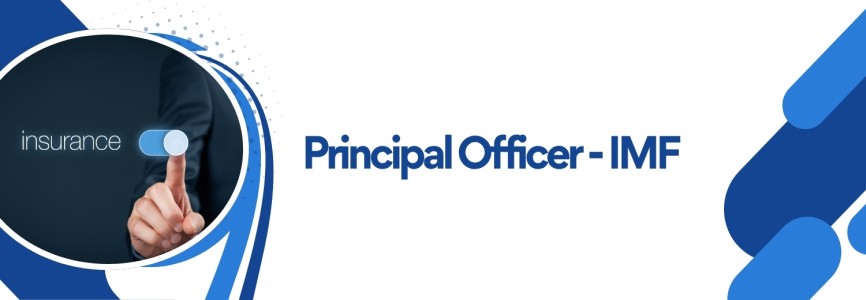










_crop10_thumb.jpg)





_crop10_thumb.jpg)




























-Form_crop10_thumb.jpg)

_crop10_thumb.jpg)























_learn_crop10_thumb.jpeg)
































_crop10_thumb.jpg)

_crop10_thumb.jpg)





















_crop10_thumb.jpg)















_for_Foreign_Directors_learn_crop10_thumb.jpeg)




_Act,_2015_learn_crop10_thumb.jpg)
































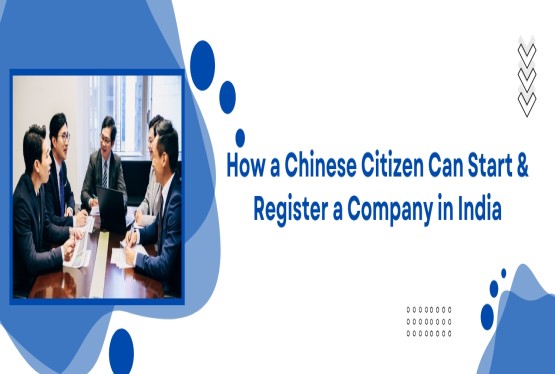
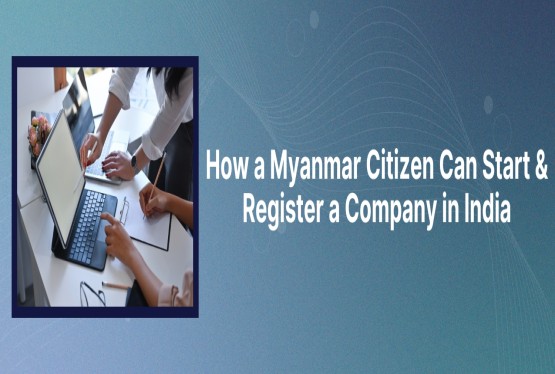
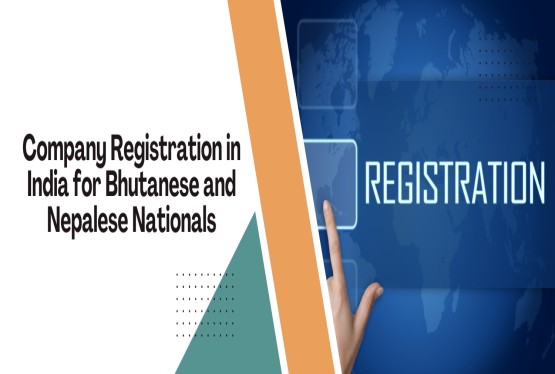
_learn_crop10_thumb.jpg)
